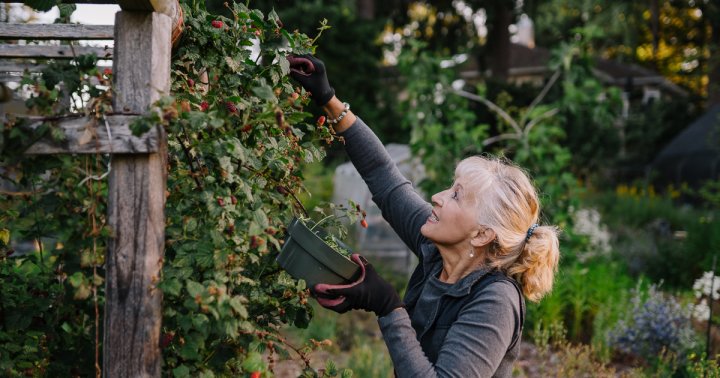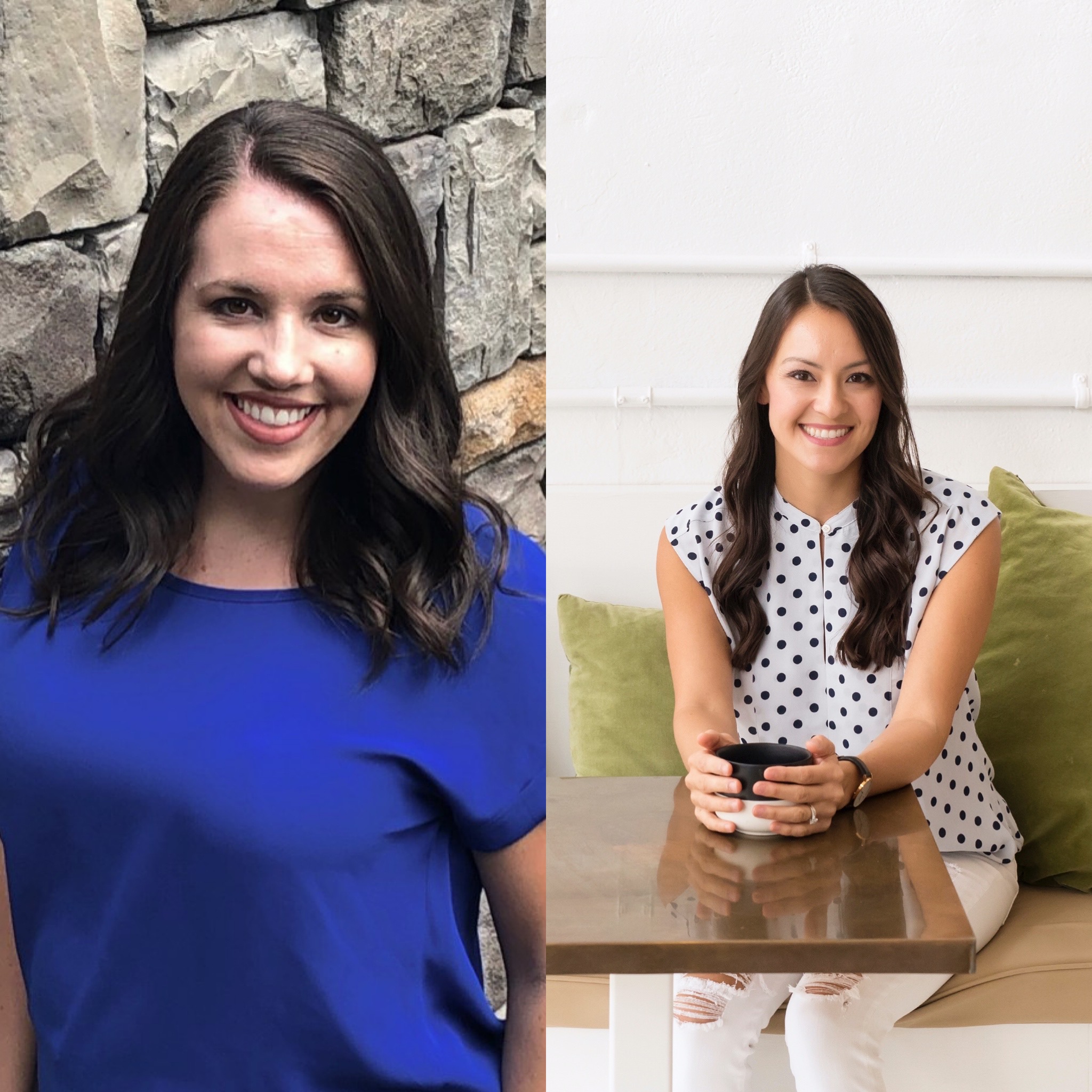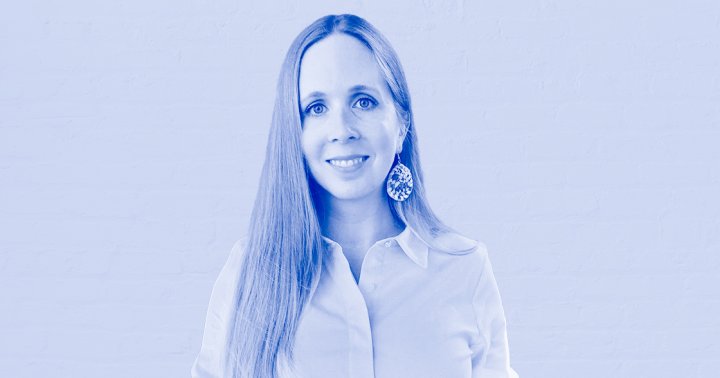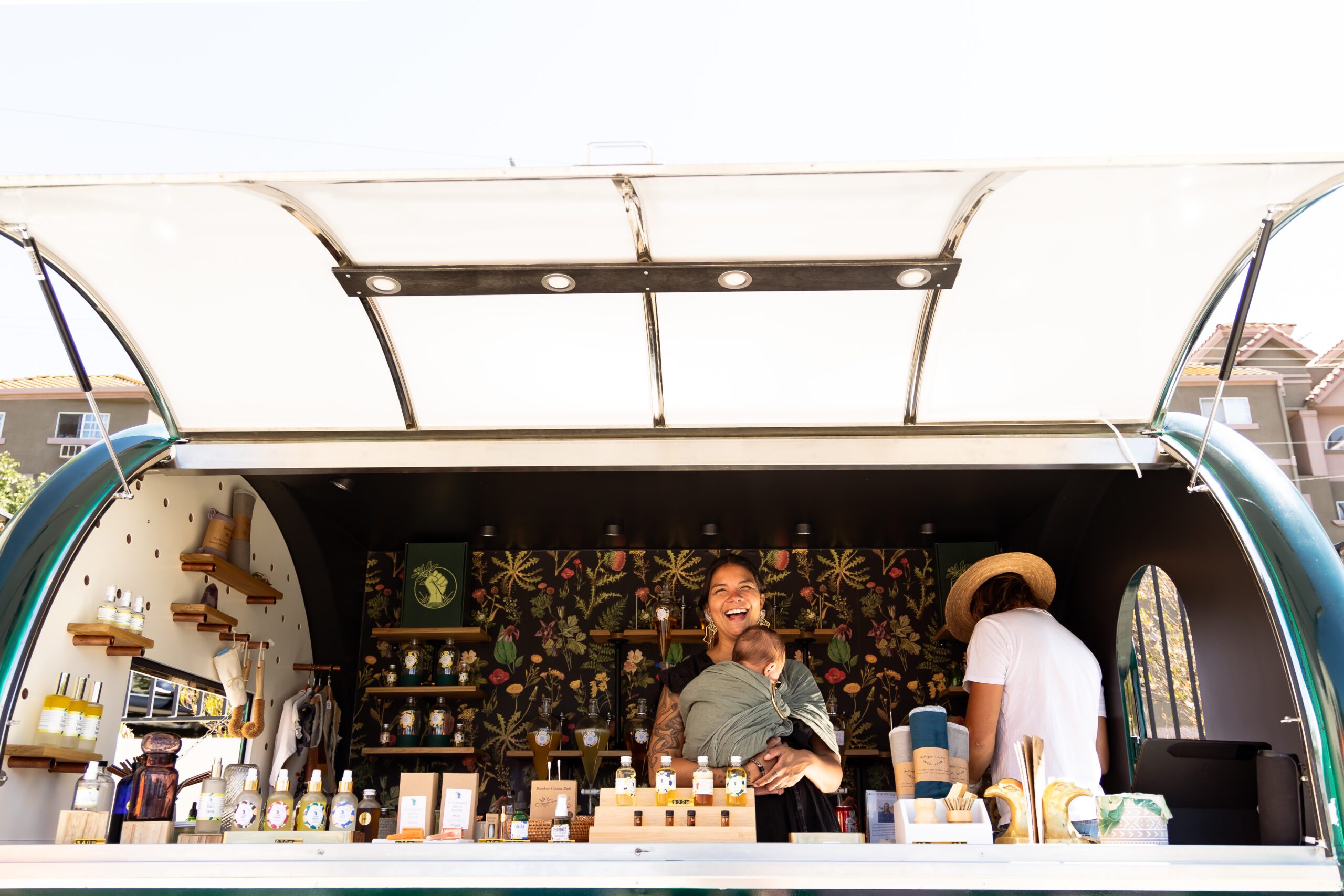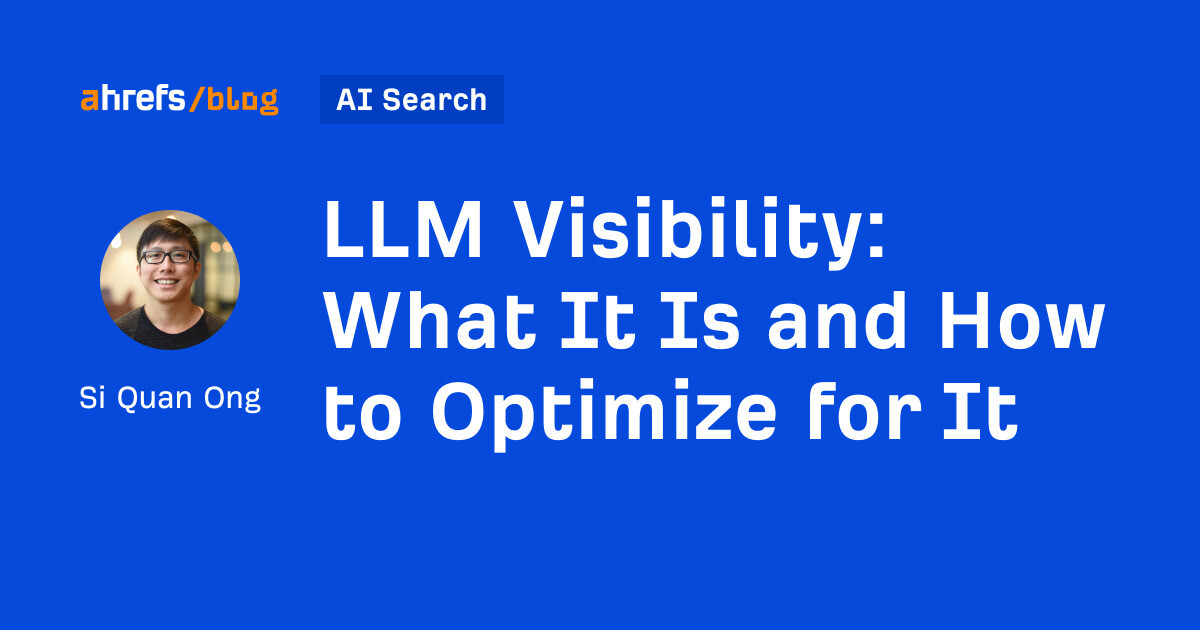Bearing Witness to Ukraine’s Suffering
As we bear witness to the Russian invasion of Ukraine, we cannot fall into our tendency to turn away from suffering, says Roshi Joan Halifax. The post Bearing Witness to Ukraine’s Suffering appeared first on Lion's Roar.

As we bear witness to the Russian invasion of Ukraine, we cannot fall into our tendency to turn away from suffering, says Roshi Joan Halifax. We must see that we are not separate from others, and move with compassionate action.
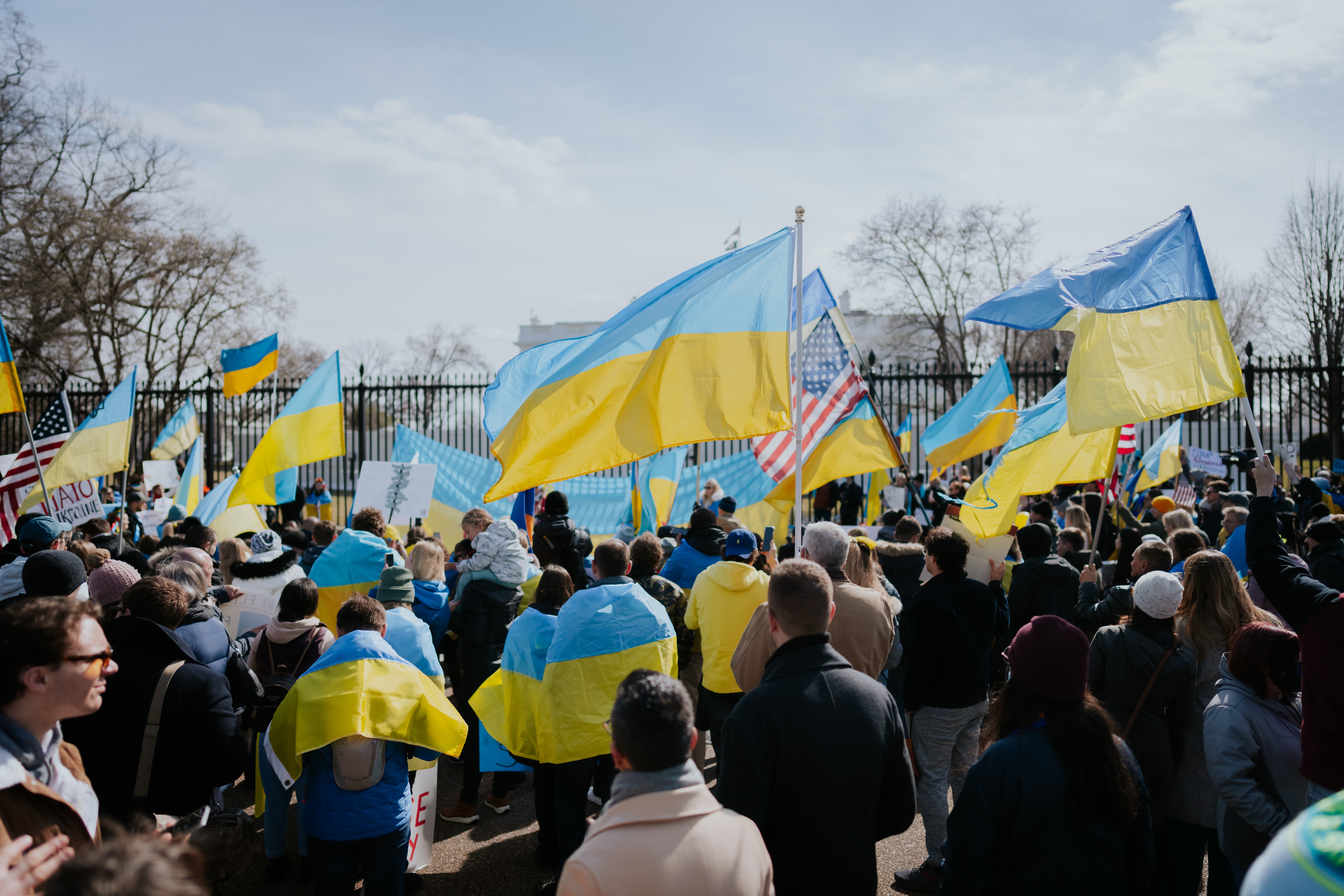
This past weekend, hundreds of people rallied in support of Ukraine outside of the White House. Photo by Yohan Marion.
As we witness what is happening in the Ukraine in real time, today, probably like you, I am acutely aware that the world is at risk. Hopefully, we also realize that we are not separate from the world. We might ask: How might we meet this reality of suffering and violence, seeing that we are part of it? What is our experience as we bear witness to Ukraine’s satirist turned global figure, President Zelensky, as he stands in the streets of Ukraine’s capitol in a flak jacket with others? Or the young Russian soldier holding a gun? What about the old woman holding her hand out filled with sunflower seeds as she scolds the Russians soldier, or the young Ukrainian man kneeling before the Russian tank, examples of non-violent, civilian resistance? What is the task at hand and ahead of us to meet confusion, delusion, and violence in our time, in our country, in our lives? And how do we realize peace transformation in the midst? And this in the midst of our human driven climate catastrophe.
If we see that we are not separate from others, then we not only share their awakening, we also share their suffering.
The renowned Czech humanist Vaclav Havel once said that morality means taking responsibility, not only of your life, but for the life of the world. From a Buddhist perspective, it means seeing the roots of violence in our country and in ourselves, and finally understanding that we are not separate from all beings and things and must act accordingly or further violence will spread as the Corona virus has spread.
Buddhism has since its very beginning guided its practitioners to realize the most radical form of inclusivity, the realization that all beings in all realms, no matter how depraved and deluded, can be free of suffering and delusion, and to also see that we are not separate from any other being, whether Putin or Hitler, or His Holiness the Dalai Lama or Malala.
It is not necessarily so easy to realize this. Many of us have not allowed ourselves to look deeper than our personality and our opinions to see and touch who we really are. Yet, Buddhists and contemplatives of many traditions have long been guided to go within to discover not only the interconnectedness of all things, including the natural world, but also the peace that surpasses understanding, knowing, ideas, conceptions, and opinions, the peace that is basic to all beings when they have come home to a state of nonalienation, and also the peace that nourishes courageous and liberating action in the world, knowing that this peace is not complacent, nor is it restless.
Out of this wise peace arises compassionate action. If we see that we are not separate from others, then we not only share their awakening, we also share their suffering. This morning, as I write these words, I am not separate from the fear and courage of Ukrainians who are taking a stand in the streets of their cities, but also I am not separate from the suffering of those who are attacking the Ukraine.
In this experience of non-separation, right now, I also notice that I am neither restless nor complacent. I am open, open to discover, bear witness, and hold as much as I can with a strong back and soft front.
Peace transformation is about realizing and living nonalienation from all beings on our earth, and living this realization as the bodhisattva does, riding on the waves of birth and death. Peace transformation and what I have learned from the work of John Paul Lederach is grounded in the experience of connection and radical intimacy with the world. It is about the most basic realization that awakening is not an individual experience, rather it is the liberation of intimacy in our relatedness with and through all beings.
Awakening then is ultimately social, and Buddhism, Buddhists, and buddhas serve and awaken with and through relationships that are based in the lived experience of a deeply shared life, a life that is dedicated to nonviolence and benefitting every being and thing on our planet.
Thus, we as human beings who love and feel compassion cannot hide from the presence of the pervasiveness of suffering and alienation as we bear witness to what is happening in the Ukraine at this very time. We cannot turn our backs on the tendency to turn the world and its beings into objects which we call “other.”
When there is an “other,” there is an Auschwitz, a caste of people we will not touch, a ravaged and raped woman, a clear-cut forest, an abused and abandoned child, a man behind bars medicated out of his mind and heart, a rundown village of old women whose men have all died in war, a young man from Russia with fear and hate in his eyes and a gun in his hand prowling down a street in Kyiv.
We can nurture peace by transforming our own lives. At the same time, we must work actively for nonviolence toward all.
The basic vows that we take as Buddhists remind us that there is no “other.” The most fundamental practices that all of the schools of Buddhism engage in point to the fact that there is no “other.” The teachings of the Buddha tell us that there is no “other.” Yet we live in a world peopled by those who are subject to the deepest forms of alienation from their own natural wisdom, a world where whole communities see “others” who should be done away with, liquidated, eliminated, raped, ravaged, cut down, and gunned down.
Today, more than any other time in human history, we are living in a kind of familiarity and immediacy that can destroy or liberate. Our weapons can find their targets within minutes, our diseases can spread like a wildfire in a dry forest, and our delusions can quickly contaminate the minds of millions. And activist and sociologist George Lakey reminds us: violence cannot keep us safe.
At the same time, in the same instant, we must reach through courageously to where the suffering is most acute, sending our voice, taking a stand, and making peace by strengthening values, views and behaviors that are based in the great treasures of compassion and wisdom.
We can nurture peace by transforming our own lives. And, at the same time, we must work actively for nonviolence toward all and deep and true dialogue with respect for and appreciation of differences and plurality. And we must take responsibility. We have to ask what is our part and our country’s part in feeding the demon of hatred and violence?
We all live under each other’s skin, and it is now more than ever functionally intolerable to turn away from what is happening in the Ukraine and in many other parts of our world, whether the Ukraine, Afghanistan, or the streets of Chicago. As Buddhists, we share a common aspiration to awaken from our own confusion, from greed, and from anger in order to free others from suffering. The Bodhisattva Vows at the heart of the Mahayana tradition are, if nothing else, a powerful expression of what I have called “wise hope” and hope against all odds. This kind of hope is a species of hope that is victorious over fear and time. What else could be the case as we chant: Creations are numberless, I vow to free them. Delusions are inexhaustible, I vow to transform them. Reality is boundless, I vow to perceive it. The awakened way is unsurpassable, I vow to embody it.
May we realize these vows now in word and in deed.

 UsenB
UsenB 









